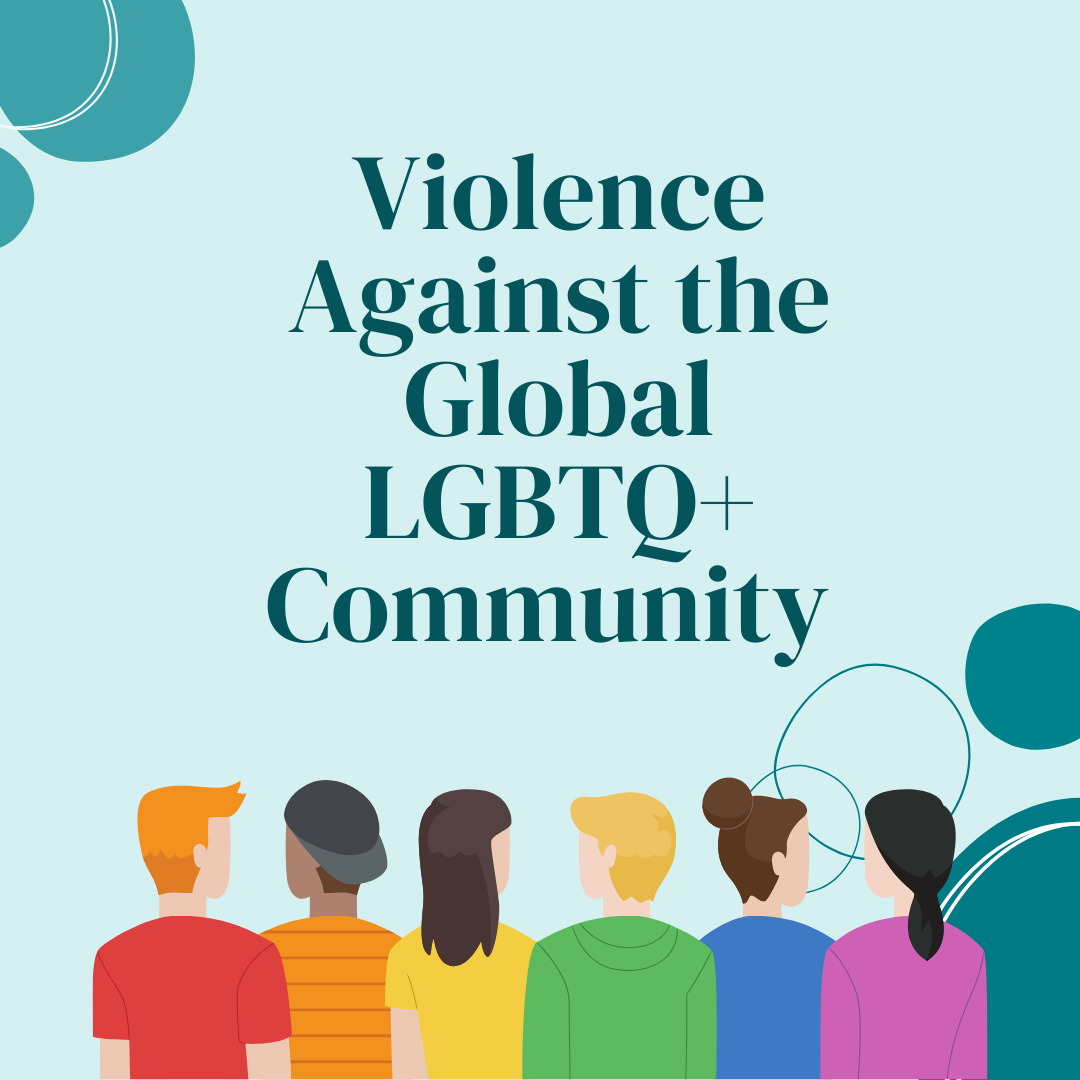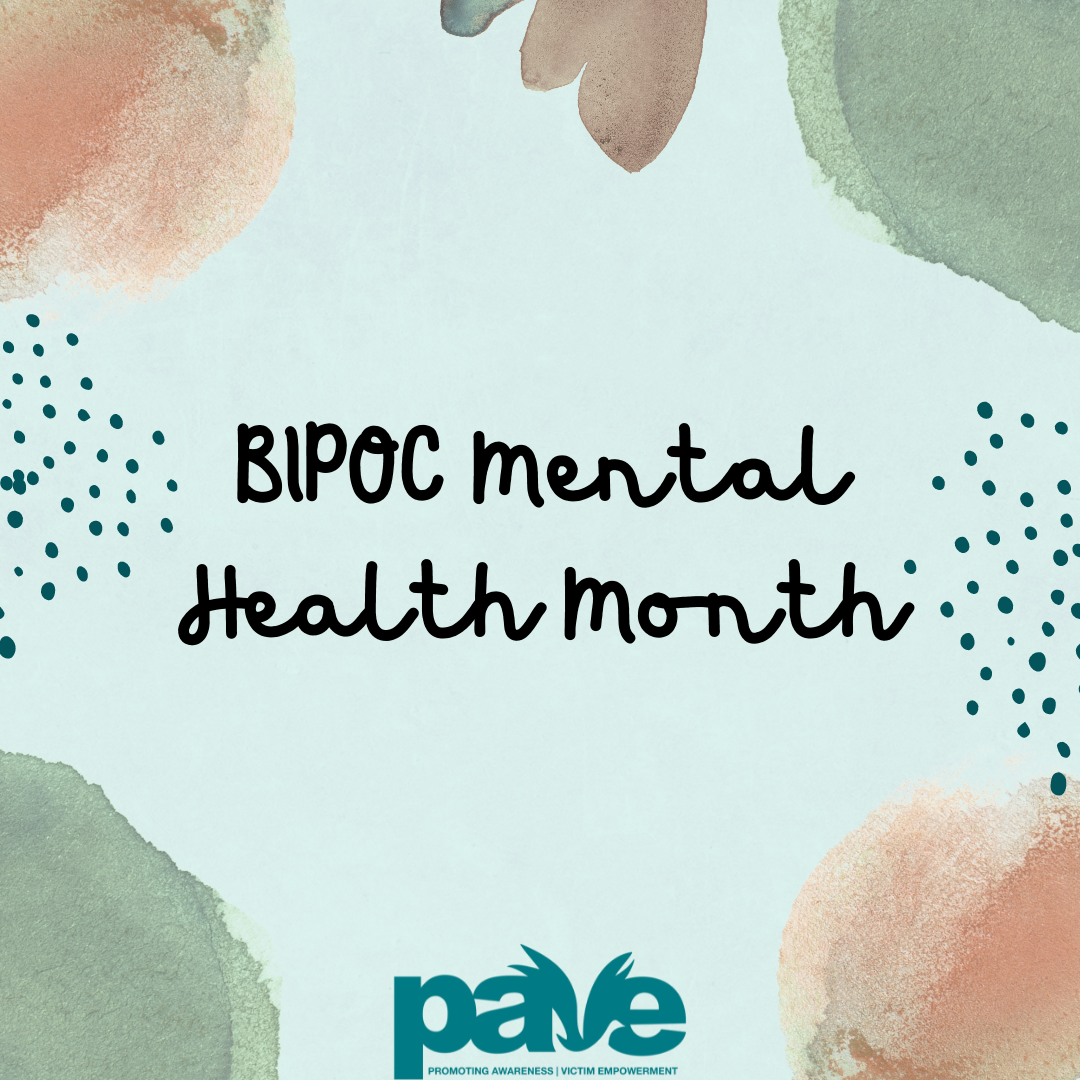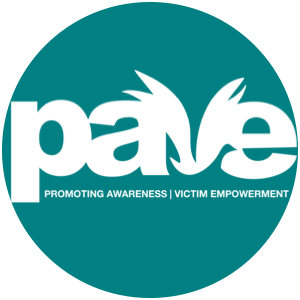
Signs of a Controlling or Abusive Relationship
When in a relationship, it can be hard to see the red flags of abusive or controlling behavior because so often we want to see the good in our partner and not how they might be hurting us. There are many different ways in which abuse can show up in relationships whether it is physical, emotional, digital, or sexual abuse.

Revenge Porn & The Law
#RewritingRevengePorn is a national campaign dedicated to rewriting how we perceive and respond to revenge porn. Our goal is to create a safer healing environment for survivors by rewriting how we define the crime on both a social and legal level.

Self Care During the Holidays
The holidays can be a busy time. Make time for yourself, check in with yourself, address your own needs, and monitor your stress.

Trauma-Informed Healthcare
Trauma-informed care is key in making crucial preventative care accessible to survivors of trauma. Providing survivors safe and comfortable spaces for them to get medical care can greatly improve their health.

Violence Against the Global LGBTQ+ Community
Progress towards equality has been a constant theme throughout history around the world.

The Importance of Boundaries
We set and follow boundaries with one another all the time, we just may not recognize and label them as such. Boundaries are an essential feature of healthy relationships and a crucial aspect of healing for those who have experienced trauma. Recognizing them in a formal way allows us to be explicit about our boundaries.

Global Disasters & Gender-Based Violence
During any disaster a number of hardships hit homes, from economic hardships to losses in the family. Within these confusing times also comes the emotions behind the confusion and upset. Many people become upset or frustrated with their lives, and while some individuals know how to control these emotions, others take these frustrations out in unhealthy methods. Sexual and domestic violence rates during any sort of worldly disaster tend to go up due to the stress of the abuser, the vulnerability of the survivor, and the lack of available resources during the time. It is important to recognize the type of situations that can instigate higher rates of violence and how once can help prevent these situations.

Racial Disparities & National Attention - Intimate Partner Violence
The devastating case of Gabby Petito has called for all of America’s attention. The mystery of her whereabouts, and the search for her alleged assailant Brian Laundrie, has made national headlines. It brought all of America together to work through this case. These efforts have been bringing in answers and justice to Petito and her family, but unfortunately the same cannot be shared for many other victims of violence. White victims and survivors often receive media attention, while victims of color are left under the radar. Many families of color do not receive any closure or support for their loved ones. Thousands of Indigenous women go missing. In Wyoming, Indigenous people make up 3% of the population, yet they are 21% of homicide cases (NPR 2021). People of color are known to be susceptible to facing harm and violence, and not receive the same attention. In the same state where Petito was also found, only 18% of missing Indigenous cases are covered in the media (AP News 2021); for homicide, only 30% of Indigenous cases are covered (NPR 2021). Gabby Petito’s case reveals that there are racial disparities in media coverage and cases of violence. “‘What is communicated is that white lives matter more than people of color’”; it perpetuates the phenomenon of “missing white woman syndrome” (AP News 2021). It creates the narrative that it is tolerable for certain groups to face harm. Gabby Petito’s case reveals how much work needs to be done to better support and heal survivors of color.


International Relations & Gender-Based Violence
Gender inequality is a topic that can be traced throughout history as many men have subjected women to lower statuses. This can be seen from being the figureheads of monarchy or government down to the figurehead of the household. Since society assumed men would fulfill these roles, women often had to deal with being bossed around by men, telling them how to act and what to do. If a woman happened to go against her husband, father, or really any other man’s wishes, they often reprimanded her verbally or physically. Luckily in many parts of the world, this type of behavior is now unacceptable and punishable by law. Yet, there is an estimated one in three women that have been a victim of violence through intimate partner violence (UN Women, 2018). Not to mention, some countries face these issues more often than often for multiple reasons.


How Emotional Support Animals Help Survivors
Did you know that animals can be a vital asset in a survivor’s journey to recovery? Emotional Support Animals (ESA) are animals that are designated to provide support, comfort and relieve symptoms of those who have experienced trauma or mental health issues. For survivors, ESA can make a tremendous difference in overall wellbeing and quality of life.

Honoring BIPOC Mental Health Month
July is BIPOC (Black, Indigenous People of Color) Mental Health Month. BIPOC communities face unique struggles due to centuries-old systemic oppression and barriers; this month highlights those experiences.
Violence Against Indigenous Women and the Extractive Industry
Environmentalism and gender-based violence are two seemingly very separate issues plaguing our world today. However, they are connected in a very widespread, but often silenced issue. I am talking about Missing and Murdered Indigenous Women (MMIW) and their correlation to the extractive oil industry.

PTSD Awareness Day
Today, June 27th is Post-Traumatic Stress Disorder Awareness Day. Additionally, June marks the observation of National Post-Traumatic Stress Disorder Awareness Month (PTSD)- a campaign designed to raise awareness of symptoms and treatment options for those living with PTSD. While PTSD is typically associated with combat veterans, this disorder can affect any individual who has experienced or witnessed a traumatic event, including survivors of sexual assault and intimate partner violence.

LGBTQ+ Survivors & Barriers to Seeking Support
People in the LGBTQ+ communities experience a higher rate of sexual violence due to stigma, marginalization, poverty, and hate-motivated offenses. While seeking support for any traumatic experience, there are already tough barriers that have to be faced such as not being believed when coming forward. Unfortunately, in addition to these obstacles, the LGBTQ+ communities have even more barriers to encounter.
Starting off with disclosing their identities or sexual orientation. The fear of being discriminated against or being denied help can give LGBTQ+ hesitation to seek support or report. Additionally, if the survivor proceeds with asking for support and isn’t taken seriously or not given inclusive care, this can further the trauma they have experienced and hold them back from seeking support in the future.

Survivors of Sexual Violence & Substance Use Disorder
We often hear about survivors of sexual assault experiencing mental health issues like depression, anxiety, and post-traumatic stress disorder. Less discussed but equally, if not more harmful, is the risk of survivors developing substance use disorder.

Responding to Disclosures of Sexual Violence
According to RAINN (2019), there are 433,648 survivors (age 12 or older) of rape and sexual assault each year in the United States.
It’s not an easy task for someone to disclose that they have been sexually assaulted, despite it being such a commonly reported experience. This type of crime sometimes brings profound senses of humiliation and shame, as sex and sexuality are not talked about much in our society. Sexual assault is about the perpetrator having power and control. This power and control involves the survivor’s bodily autonomy, which many are taught to be ashamed about. In cases of sexual violence, the trauma and shame that follows can be deeply rooted.

Mental Health After Trauma
As part of Sexual Assault Awareness Month, PAVE would like to talk about the importance of understanding and taking care of your mental health after experiencing trauma.
When a traumatic event occurs, it can affect us emotionally and physically, and can occur at various times after the traumatic event. Initial reactions to trauma can include exhaustion, confusion, sadness, anxiety, agitation, dissociation [disconnected from your thoughts, feelings, memories, and surroundings], physical arousal, and blunted affect [difficulty in expressing emotion]. In most cases, people have the tendency to minimize traumatic life events that continue to be distressing well after the event has occurred. We shame ourselves, thinking: “I should be over this by now,” or “it wasn’t that bad.” Family and friends may unconsciously add even more shame and say, “Why can’t you just let it go?” The problem with trauma is more often than not, it simply doesn’t go away on its own and no amount of persuasion can convince ourselves that we should be over it will change that fact that a traumatic event has occurred.
